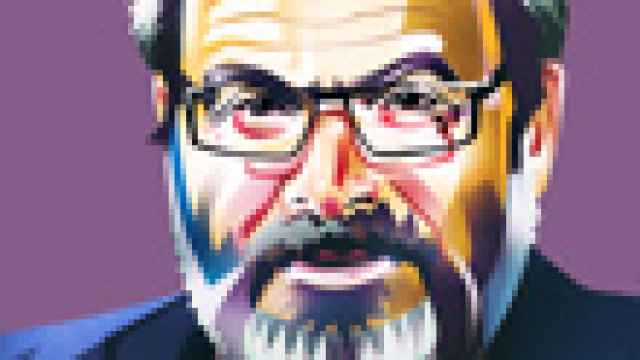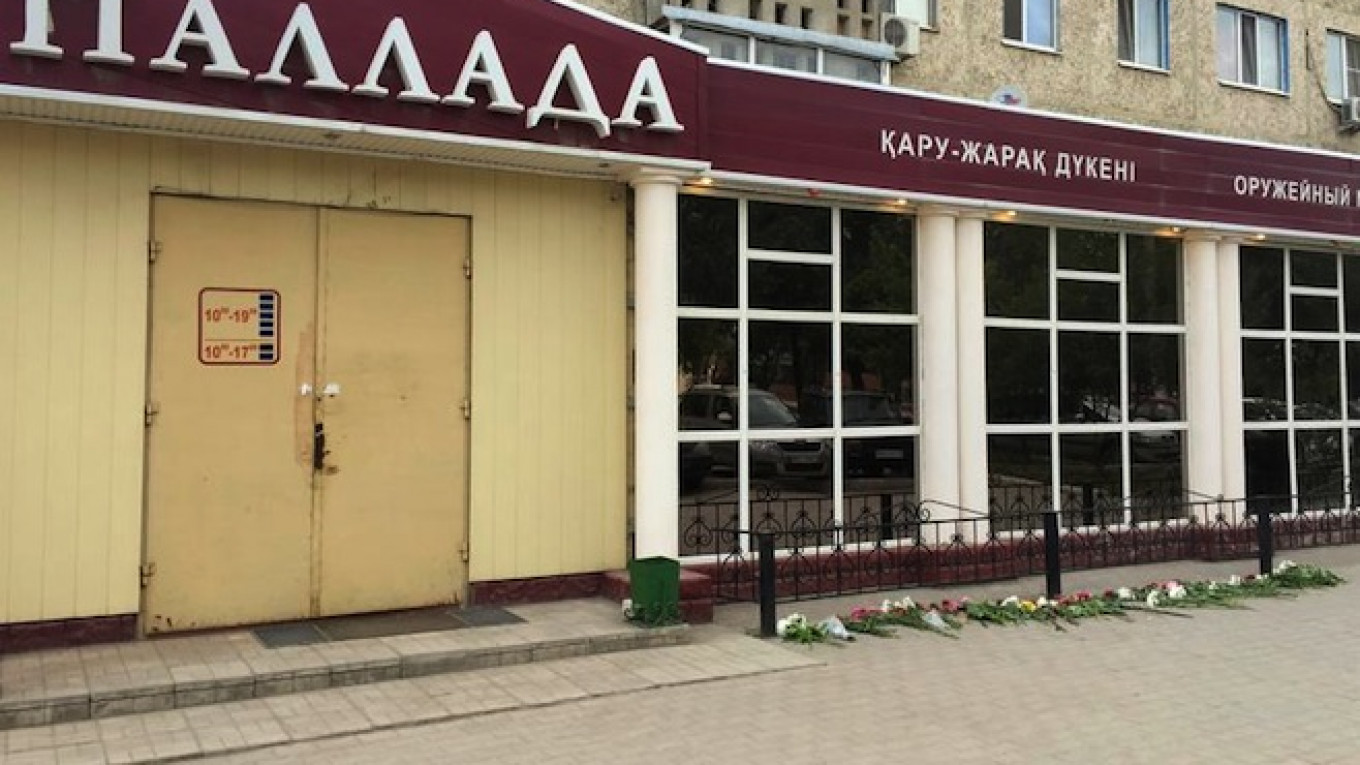
Kazakhstan, the second-largest state of the former Soviet Union, has always stood out for the stability of its political regime. In office since 1989, Kazakh President Nursultan Nazarbayev is a champion of sorts, having held onto power longer than any other leader of a former Soviet republic.
Of course, Kazakhstan is not Russia. When then-Prime Minister Vladimir Putin announced that he would return to the Kremlin, a wave of protests ensued and some volatility continues to this day. The Kazakh people, by contrast, seem to view Nazarbayev’s lifelong rule as something quite natural, not warranting discussion.
Nevertheless, recent events in Kazakhstan have raised serious doubts about the stability of the regime.
On June 5, at least 30 militants caught the authorities by surprise by attacking two weapons depots and a military installation in Aktobe, a city of 400,000, Kazakhstan’s fifth-largest, near the Russian border. According to official figures, 23 people, including 13 of the militants, died in the attack. Unofficial estimates put the death toll higher, close to 30.
The authorities labeled it a terrorist act and announced that the attackers were religious extremists. Yet it didn’t look like terrorism. No one took responsibility, and there was no evidence given to support those claims — strange enough given several of the attackers were captured alive and have given testimony.
Skirmishes continued into the next days in Aktobe. The town went into a state of siege. The Internet was disabled, mobile communications were limited and an appeal to citizens not to leave their homes sparked panic. Even school graduation exams were canceled. Only the most daring souls rushed to stores for supplies of bread, flour and water, in anticipation of new hostilities.
Then, the authorities made the sensational announcement that a “coup attempt” had failed. They identified the main conspirator as Tokhtar Tuleshov, the owner of beer and cement factories in southern Kazakhstan near the border with Uzbekistan, and who also has run the Kazakh office of a Russia-based organization called the Center for the Analysis of Terrorist Threats.
Tuleshov had been arrested three months before on charges of possession of drugs, weapons and what was apparently prohibited literature in what looked like a clear political case. Among his current accomplices who were also detained are a senior official, a former deputy attorney general, a police general and the commanders of several military units.
There’s more. Not only had Tuleshov resolved to overthrow Nazarbayev, he had also, reportedly,? “organized and funded” the April and May protests against the government’s planned land reforms. This despite the fact that Nazarbayev’s ideologues, who control the media in Kazakhstan, had already told the people that a “fifth column” from the West had organized the protests and was attempting to repeat a Ukrainian Maidan revolution.
At the same time, Nazarbayev had already responded to land reform protests by instituting a special commission to consider their complaints.
On one hand, the “land rallies” must have been disturbing for Nazarbayev because they undermined the official doctrine of his indisputable authority as uncontested national leader. On the other hand, the intelligence agencies were caught asleep on the watch with regard to the armed attack in the west of the country. The authorities were completely unnerved as a result, and the intelligence agencies fabricated the myth that they had foiled a coup attempt in order to divert attention.
A more likely explanation is that Tuleshov fell victim to a struggle between powerful financial-industrial groups. At least, it is known that one Kazakh bank demanded he make good on a debt of $100 million. The eccentric businessman refused and wound up behind bars.
On June 8, three days following the incident, President Nazarbayev laid the blame at the door of certain “foreign” elements, “attempting to start a color revolution” in Kazakhstan.
Whatever the real reason for the attacks were, some people in government are clearly nervous. Nazarbayev is already 75, and it is inevitable that in the relatively near future the transition of power in Kazakhstan will happen.
The chances are that it will be even more unpredictable and dangerous than was previously thought.
Arkady Dubnov is a political analyst.
A Message from The Moscow Times:
Dear readers,
We are facing unprecedented challenges. Russia's Prosecutor General's Office has designated The Moscow Times as an "undesirable" organization, criminalizing our work and putting our staff at risk of prosecution. This follows our earlier unjust labeling as a "foreign agent."
These actions are direct attempts to silence independent journalism in Russia. The authorities claim our work "discredits the decisions of the Russian leadership." We see things differently: we strive to provide accurate, unbiased reporting on Russia.
We, the journalists of The Moscow Times, refuse to be silenced. But to continue our work, we need your help.
Your support, no matter how small, makes a world of difference. If you can, please support us monthly starting from just $2. It's quick to set up, and every contribution makes a significant impact.
By supporting The Moscow Times, you're defending open, independent journalism in the face of repression. Thank you for standing with us.
Remind me later.


